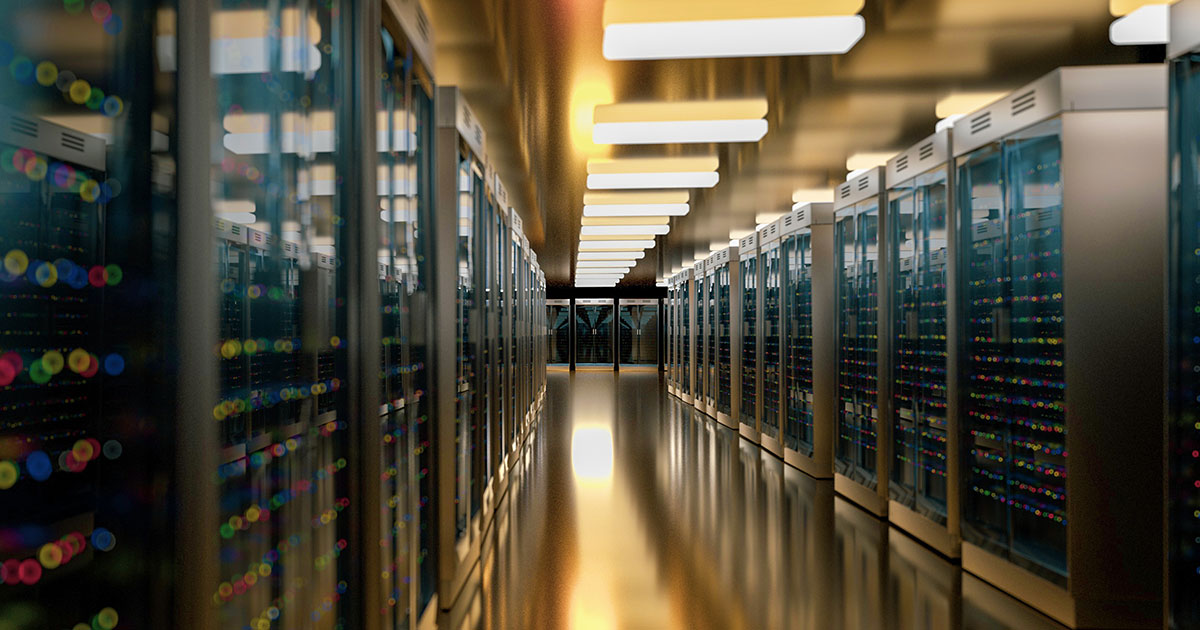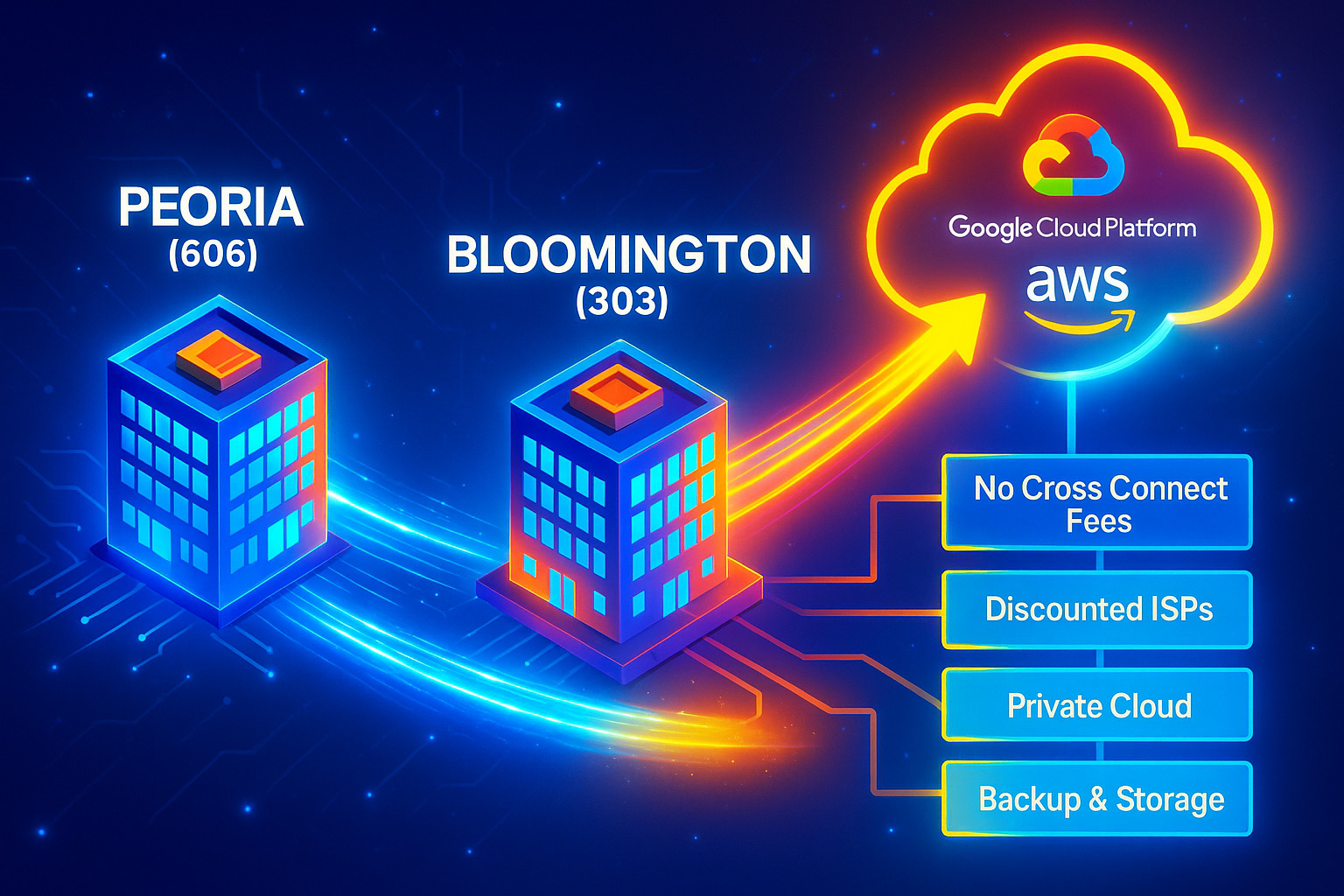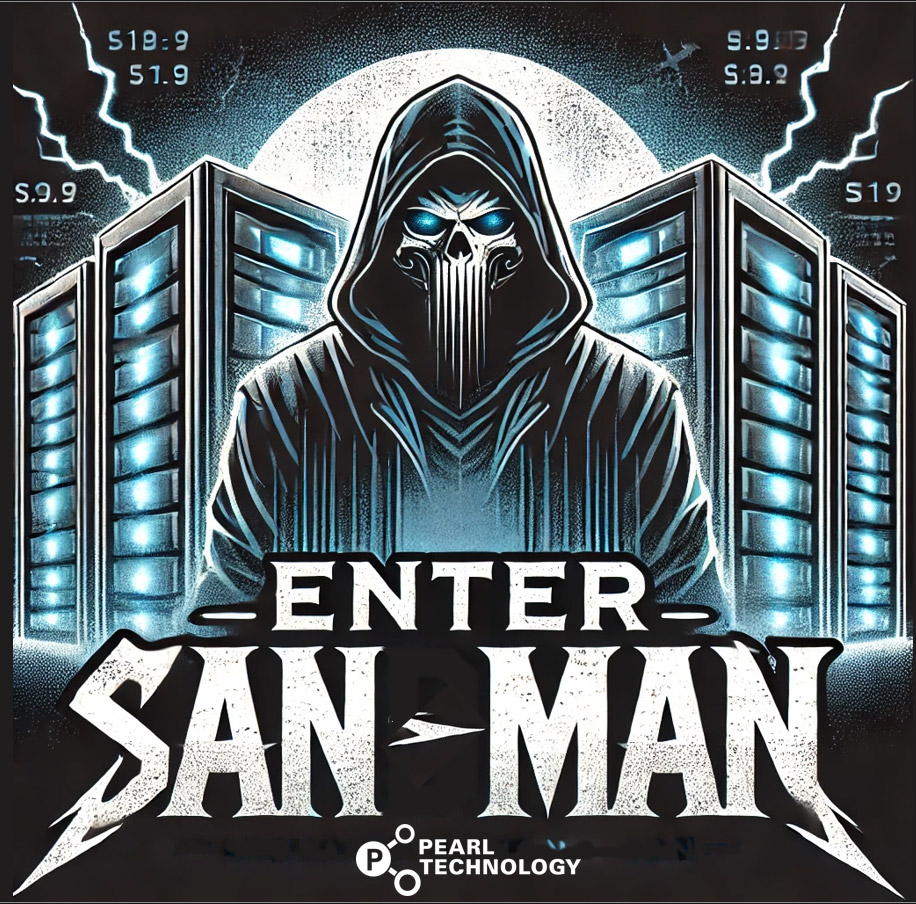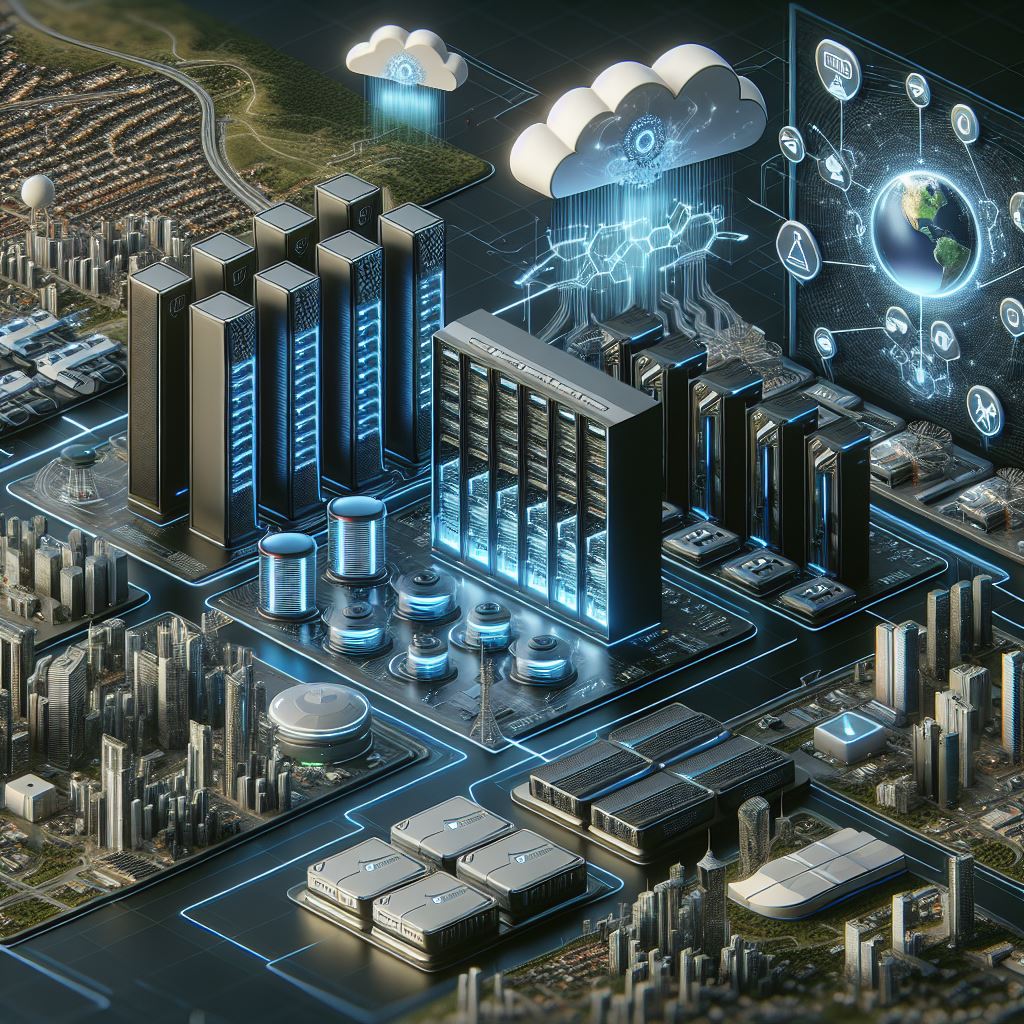Put your data in expert hands.
In recent years, IT professionals have seen more and more companies switching their data management solutions to colocation data centers.
In fact, according to market research firm Markets and Markets, the data center market size is expected to grow to $62.3 billion by 2022, nearly double the market size in 2017.
This comes as little surprise. The benefits of colocation data centers are endless for businesses, small and large, from abstract peace of mind to physical security. If your organization has not yet considered switching its data management to a colocation data center, check out just a few of the advantages below.
1. Cost savings.
Managing your data in-house takes dedication—and money. A server alone can run you hundreds or even thousands of dollars, in addition to the cost of installing fiber into your building. Plus, your business will need to hire someone—or even multiple people—to monitor this infrastructure and maintain it, the cost of which would include an annual salary plus benefits for each employee.
Switching to colocation takes those costs out of the picture. Prices can vary from business to business, but one thing that’s certain is the cost of colocation comes in far below the cost of installing and staffing in-house.
2. 24/7 security.
In all honesty, if you’re the head of an organization, you likely don’t have the time to manage your IT as well. Unfortunately, IT security is a 24-hour job—any breaks in that security could lead to cyberattacks.
Data centers, on the other hand, provide round-the-clock security with a staff of trained, certified professionals on hand and ready to respond to any potential threats, many times before they even happen.
3. Constant redundancies.
A power outage or natural disaster can spell disaster for organizations housing their data themselves. If they don’t have a fail-safe in place when something goes wrong, that data could be lost.
However, data centers are built with this specific scenario in mind. Colocation offers organizations redundancy upon redundancy; if one mechanical system fails, another is ready to take its place, and another on top of that fail-safe as well.
4. State-of-the-art systems.
As mentioned above, constantly upgrading and maintaining your in-house IT infrastructure can be a costly endeavor. As we all know, any piece of technology considered cutting-edge today may be obsolete in just a year or two. Sticking with one piece of hardware forever won’t cut it, especially when cyber attackers are constantly looking for vulnerabilities.
With colocation, your organization has access to top-of-the-line IT infrastructure at all times. Data centers are constantly upgrading their systems in order to ensure the best data management and cybersecurity possible.
5. Physical security.
Of course, cybersecurity is a must-have for any type of data management system, but sometimes organizations neglect to address an equally important factor: physical security. A server left where anyone can get to it is a huge cybersecurity risk—an act of malice or carelessness could spell disaster for your organization.
In addition to top-of-the-line cybersecurity measures, many data centers offer top-notch physical security as well. Some measures employed by data centers include security cameras, biometric door locks, and valid state-issued IDs at the door, to name a few.
6. Flexibility.
Depending on the size of your organization, devoting office space to your IT infrastructure takes valuable resources away. If at some point your office needs to expand, devoting space to your infrastructure only makes expansion more difficult. On the other side of the coin, you only have so much space to devote to your infrastructure, so what happens when you need more server space?
When your organization chooses colocation, you get office space that would have otherwise been used. Additionally, data centers provide much more floor space than any organization can use, meaning the ability to expand your server space is always on the table.
7. Connectivity.
Nothing is more aggravating than losing connection to your data. When that happens, work comes to a standstill while you wait for the issue to be resolved.
At data centers, mechanical systems aren’t the only components that receive redundancies. Additional redundancies in data centers’ fiber connections allow for continuous connection even if something goes wrong.
8. Marketability.
Imagine a potential client visiting your organization sees what you refer to as your server room: a small, overheated room crowded by a tangle of wires. What kind of message does that send to them?
If your clients know your data is secure in a top-of-the-line data center, it gives them peace of mind knowing their information is safe in your system, reflecting positively on your organization.
Those are the eight ways we see the Benefits of Colocation for Data Centers. What are some ways data centers have benefitted your organization?
Let us know in the comments!
Does your business need help with IT solutions, cybersecurity, data centers, or audiovisual integration? Contact us to see what technology solutions might work best for you.





